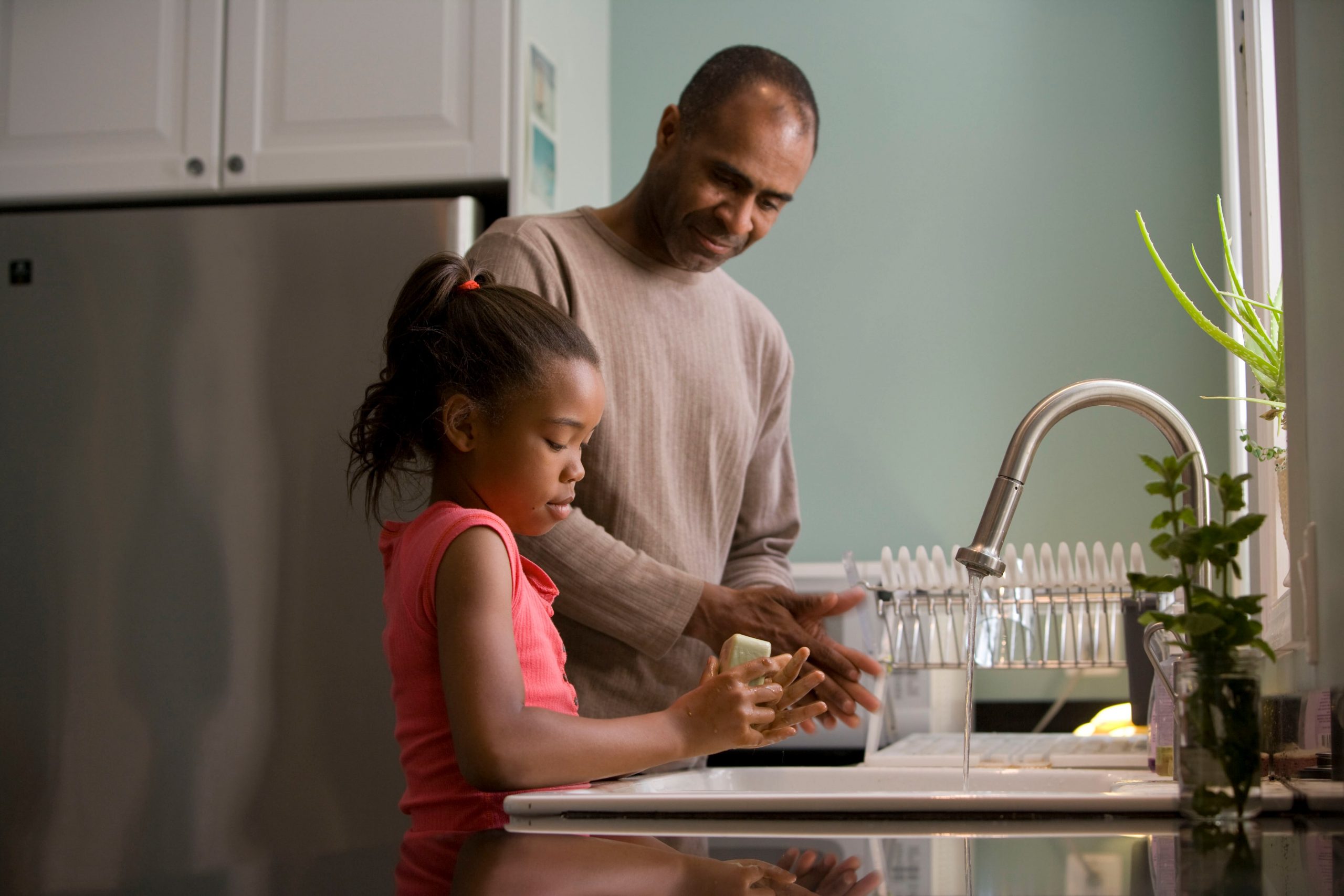Young carers are children and young people aged under 18 who are caring, unpaid, for someone who is ill, frail, disabled or has mental health or addiction problems. Young carers can undertake a wide range of caring roles and responsibilities, including emotional support, personal care, housework and household budgeting
While it has been demonstrated that caring can result in positive outcomes, there is a strong body of evidence showing the adverse impact of caring on health outcomes, social activity, educational engagement and employment opportunities for young carers.
Awareness and identification of young carers is still low and many remain hidden and unsupported. Some families do not recognise their children as ‘carers’, some children do not identify themselves with the caring role, and there can be a degree of reluctance, even anxiety, among families in disclosing caring responsibilities.
It is therefore important to address this issue at EU level, supporting young carers and their families to communicate openly with one another to ensure that young people are supported in their caring roles.
What will TOGETHER do?
The Erasmus+ funded TOGETHER project, over the course of its 24-month duration, aims to raise awareness on young carers and to support them and their families. The main goal is to develop, test and disseminate three intellectual outputs:
1) Awareness raising material to inform children and adults about how important it is to cooperate and be supportive with each other when there are caring responsibilities in the family.
2) A training workshop for young carers and their families, facilitating open dialogue around the caring relationship, the impact this may be having on the young carer and how the whole family can support one another.
3) An e-learning programme for professionals on promoting a whole family approach when supporting young carers.
Our ultimate goal is to have a positive impact on families in order to support young carers; reducing the negative impacts caring responsibilities can bring and improving young people’s well-being, social inclusion and community engagement.
This will be done by helping young carers, their families and professionals to adopt a whole family approach, where family members (including the cared-for person) are encouraged to communicate openly about the caring relationship.

